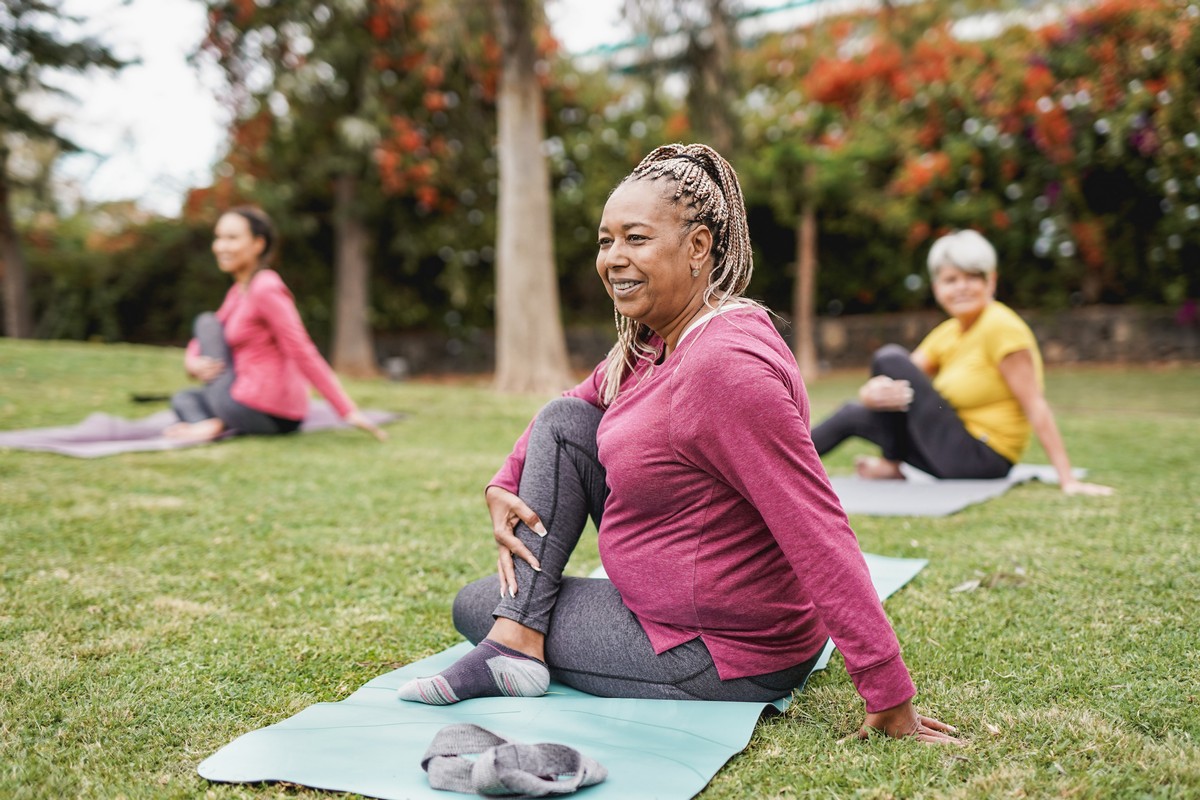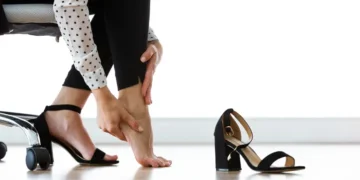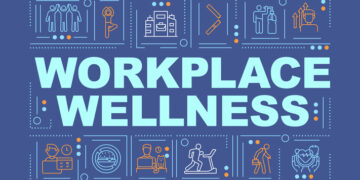Myths and Facts Revealed by Experts
So the scale isn’t budging – is your age to blame? We talked to two experts to get the rundown on what is and isn’t within your control.
The Link to Age and Weight Loss
Fact: Menopause can affect your ability to lose weight.

Erin Rellinger Smith, a Registered Kinesiologist at the University of Waterloo Centre for Community, Clinical, and Applied Research Excellence, says that it’s a common issue with women in this stage of life.
“Menopause is directly linked to major hormonal changes in the body, some of which regulate our metabolism,” says Smith. “In most cases, decreases in the hormone estrogen occur, and that may lower the metabolic rate in women.”
As your metabolism slumps, the amount of energy your body needs to function lessens, meaning you must eat less each day or risk an excess of calories, which your body will store as fat. Add to that a reduced activity level – and if adjustments are not made to your nutrition plan – you will likely find yourself gaining weight.
Debunking the Age-related Weight Gain
Myth: There is an age at which it automatically becomes harder to maintain or lose weight.

Liza Stathokostas, Research Director at Active Aging Canada, says that if you think the passage of time is behind your inability to lose weight, think again. But while there is no turn of the calendar page that automatically means your strong and trim days are behind you, there are other factors that come into play.
“For both men and women, hormonal, genetic, and lifestyle factors will impact body weight, so it’s quite difficult for scientists to tease out if age-related weight gain is a general phenomenon or if it is due solely to aging, and when it begins,” she explains. One of the uphill battles we face is our declining metabolic rate. “Part of that is due to decreased muscle, which contributes to energy balance and overall metabolism.” Basically, if you weren’t as active as you once were, there is the potential that you may find yourself unable to maintain the same weight and fitness level as you did when you were younger.
That doesn’t mean that you are automatically doomed to a sedentary life – far from it. There is plenty of opportunity to reach for your personal best and to try new, exciting foods and fitness trends. Still, check with your doctor as to what is within your reach, based on your health history. As Smith notes, “There are many individual considerations when it comes to weight loss, which is why it is helpful to consult with an exercise professional and/or dietitian if weight loss is a goal.”
Fact: There’s no one-size-fits-all.
 One of the biggest myths is that there is one solution for everyone, both fitness-wise and nutrition-wise. “You do not need to fit exercise, exercise needs to fit you,” explains Smith. “Any exercise that you do and makes you feel good will have tremendous health benefits.”
One of the biggest myths is that there is one solution for everyone, both fitness-wise and nutrition-wise. “You do not need to fit exercise, exercise needs to fit you,” explains Smith. “Any exercise that you do and makes you feel good will have tremendous health benefits.”
Not a fan of Crossfit? Don’t push it. Hate broccoli? Find another superfood that works for you. In the end, if you are making an effort, no matter how small, then you’re already ahead of the game.
Myth: There are certain exercises you should avoid as you get older.

The next longest-standing rumour is that some exercises aren’t conducive to those of a certain age.
“Hopefully the myth of ‘I’m too old’ is dispelled when you see your peers being active,” adds Stathokostas. “So, the next major falsehood would be ‘Well, it’s just not safe for me.’ This could mean either people are afraid of injuring themselves or they have a condition that they think prevents them from being active.”
In fact, she notes that there are very few conditions for which it would be recommended that a person should not exercise and that exercise is now recognized as a key treatment for most age-related conditions. “Exercise as medicine has really advanced in recent years and shown that people can safely participate in exercise programs,” she says.
Maybe: You should adjust your workout routine as you age.

This is completely based on individual preference, according to Smith. It may take you longer to recover in middle age and beyond, so it could be beneficial for you to change it up – only if you want to, or if you’re told by your doctor.
“However, if your workout routine makes you feel great and you have no injuries or chronic conditions, you do not necessarily need to make changes,” she adds.
Fact: If you haven’t started strength training, you should do so now.

Never hoisted iron? Now is always the best time to start, no matter your age.
“There are classic studies, now decades old, where individuals who lived in assisted-living facilities were enrolled in a strength training program,” says Stathokostas. “Many of them were over 80 years old and had never exercised in their lives. These studies show that even in advanced age, you can increase the quality of your muscle and increase your muscle strength.”
There is plenty of research that indicates strength training can improve brain health, another concern as women get older. Plus, it can help improve longevity and reduce the risks of falls later in life.
















